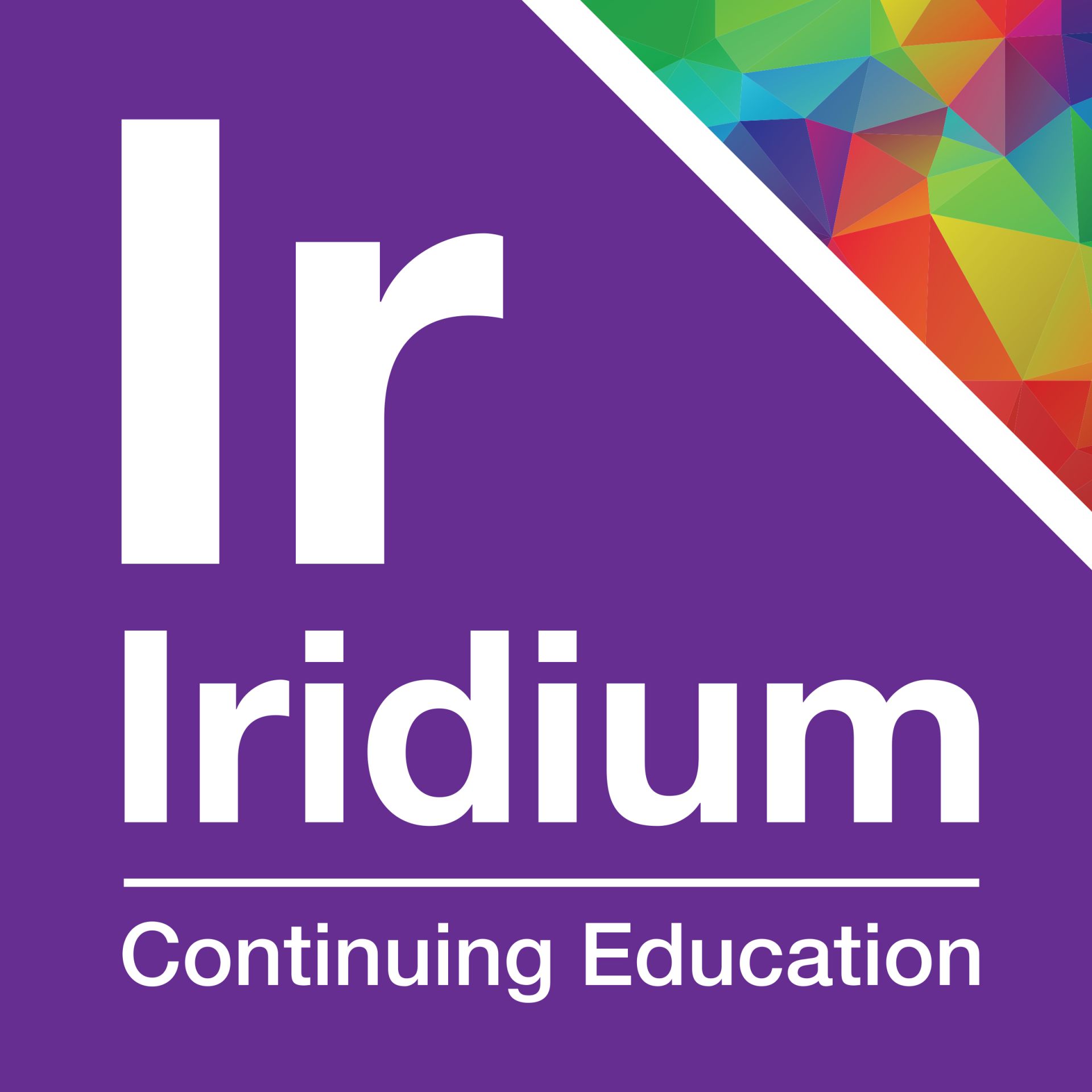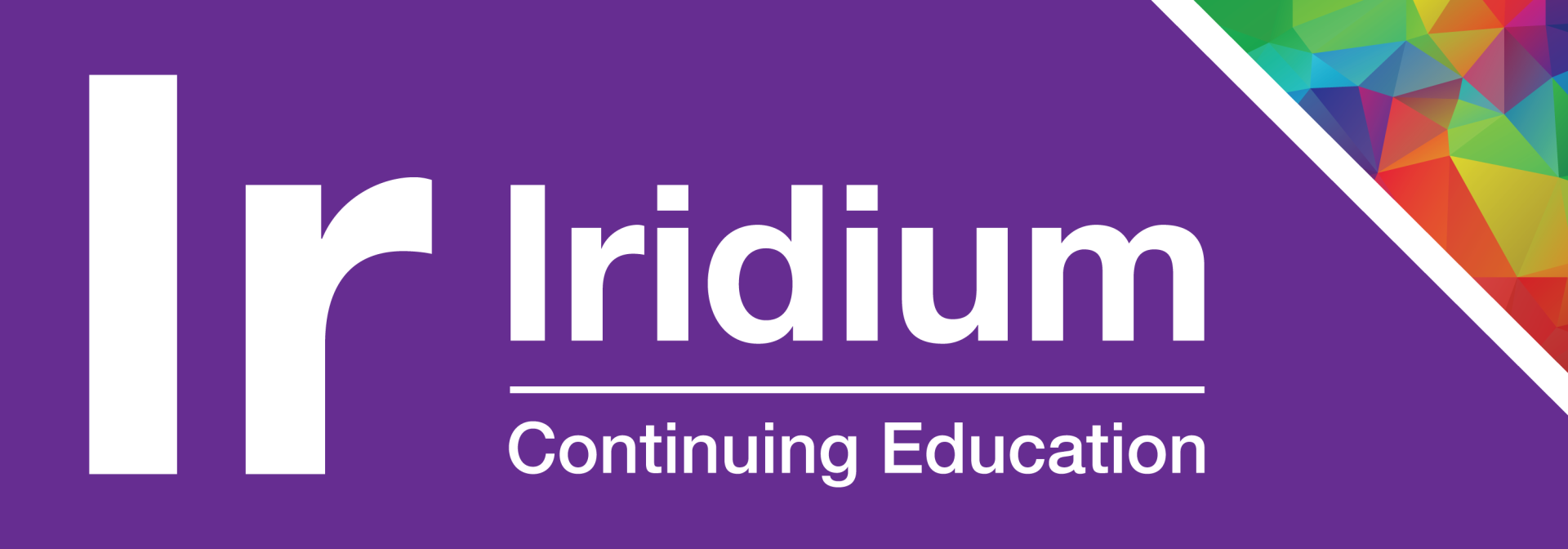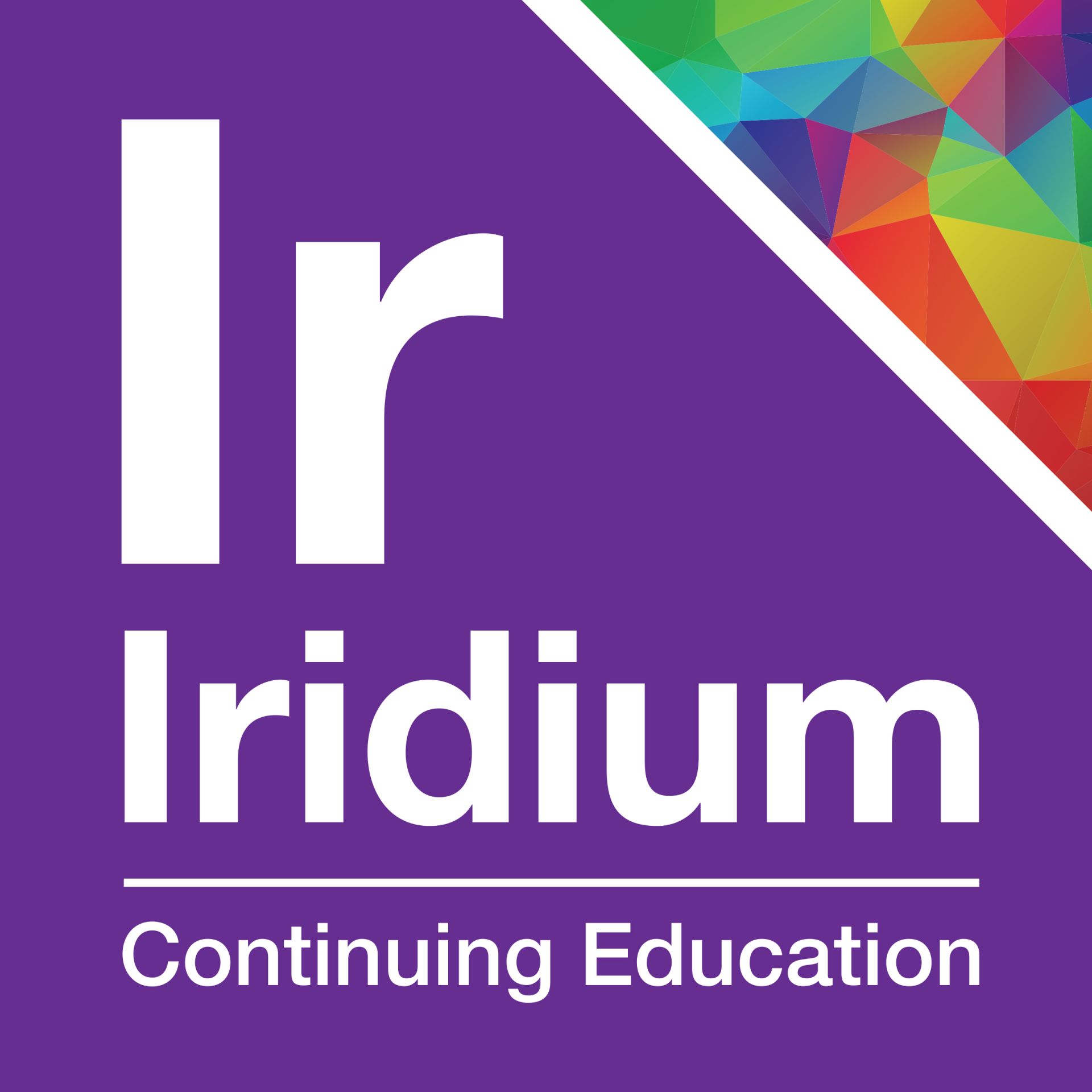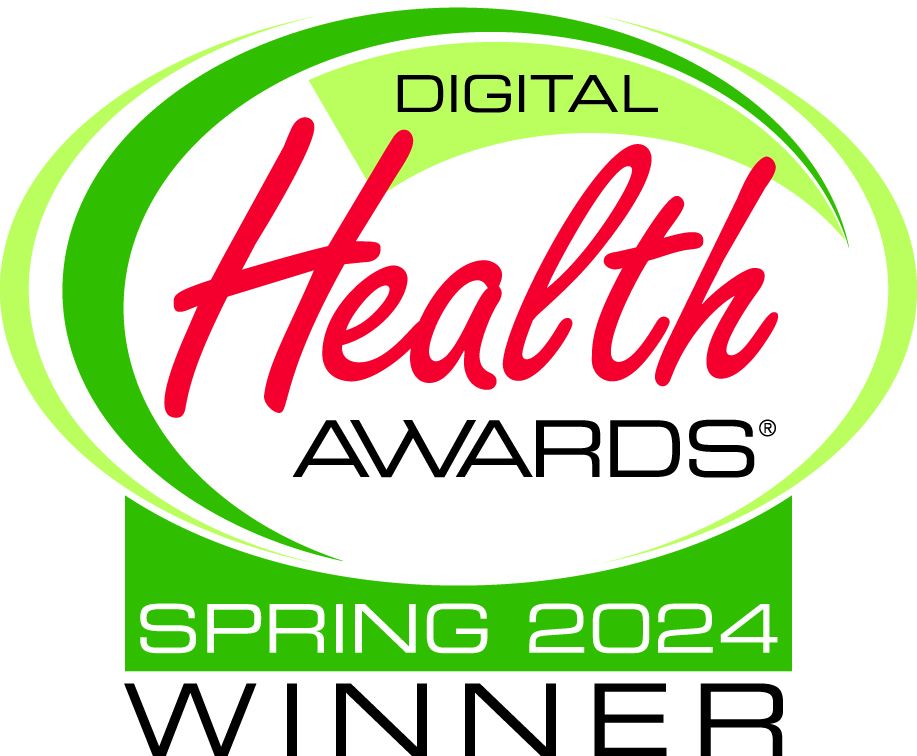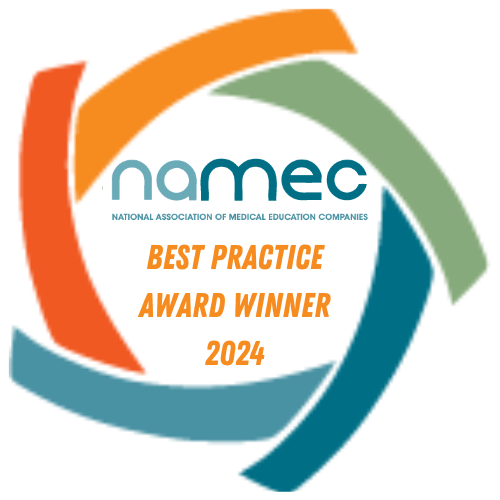Mastering the Complexity of AML Treatment:
A Multidimensional Approach to Diagnosis, Therapy, and Side Effect Management
Faculty
Professor of Medicine, Department of Leukemia Anderson Cancer Center
Houston, TX
Amir T, Fathi, MD
Director, Leukemia Program, Massachusetts General Hospital
Associate professor of Medicine, Harvard Medical School
Cambridge, MA
Professor of Medicine, University of California Davis School of Medicine
Davis, CA
Program Overview
Target Audience
Learning Objectives
Upon completion of this activity, the participant should be able to:
Educational Activities
Clinical Resource
Center
